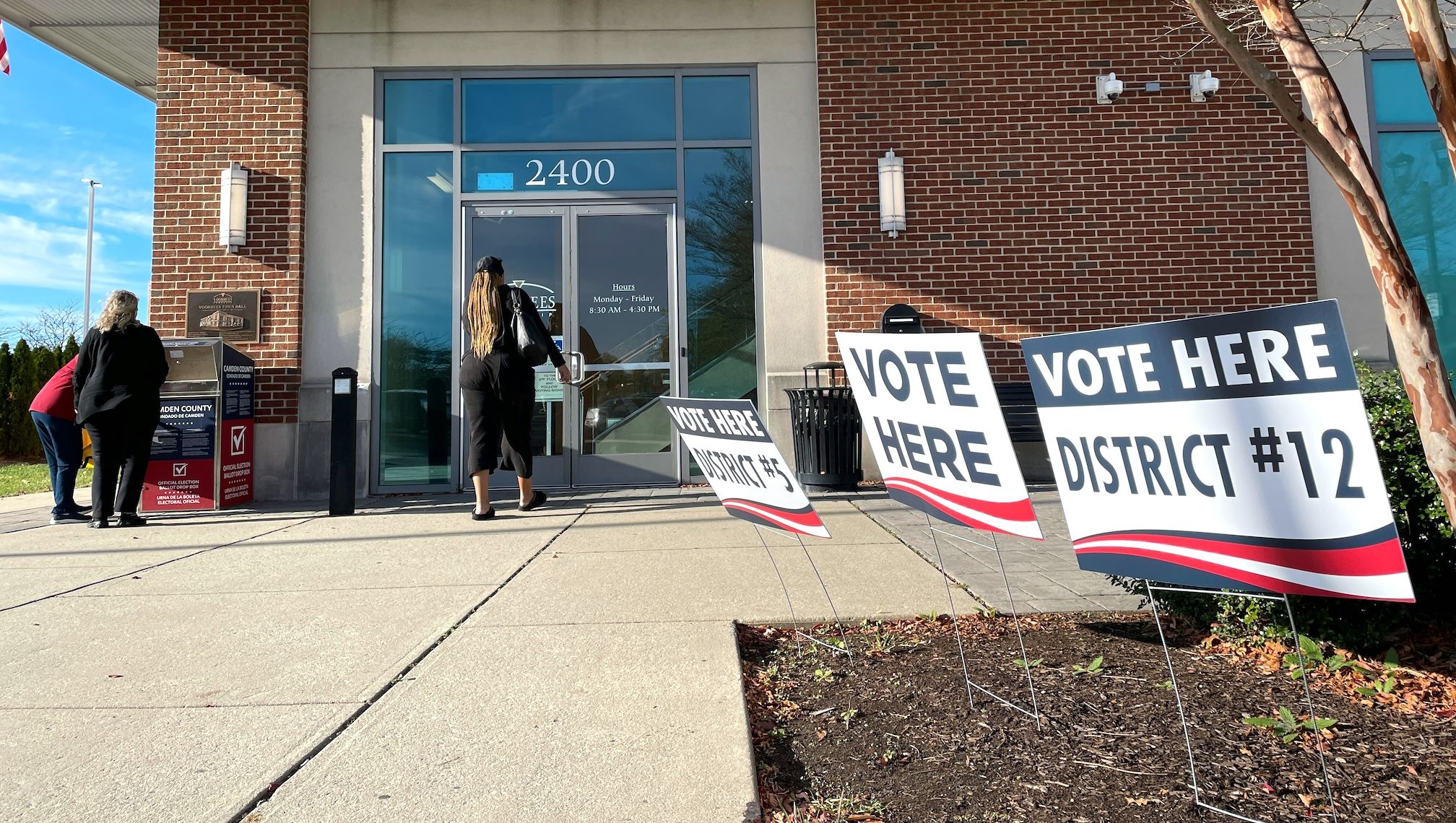Maxine Waters, U.S. Representative for California’s 43rd Congressional District, stirred headlines this week by suggesting that Elon Musk’s involvement in the 2025 presidential race might not have been entirely above board. “We don’t know everything that Elon Musk has done, with his high-technology ass,” Waters remarked during a stream that aired alongside Trump’s address to Congress on Tuesday. “We don’t know what some have accused him of regarding the election, but we’re not giving up on investigating and finding out.”
“We don’t know everything that Elon Musk has done, with his high-technology ass, We don’t know what some have accused him of regarding the election, but we’re not giving up on investigating and finding out.”
Such claims aren’t unique to one political party. After the 2020 presidential election, Donald Trump, Ted Cruz, and many Republicans alleged widespread fraud. Stacey Abrams, following her 2018 Georgia gubernatorial loss to Brian Kemp, refused to formally concede, citing voter suppression and irregularities. In a 2019 interview with The Atlantic, Hillary Clinton pointed to “voter suppression” and “the hacking of our election” by foreign actors as factors in her defeat.
Regardless of political leanings, most would agree that the declining faith in our electoral system isn't desirable. So, how can we restore confidence? Many point to blockchain’s immutable nature as a solution, and some states have already tested the waters.
West Virginia became the first U.S. state to pilot blockchain-based voting in a federal election. During the 2018 midterms, a mobile voting app called Voatz enabled a small group of absentee voters—specifically military personnel overseas—to cast ballots securely via smartphone. Votes were recorded on a blockchain for transparency and immutability. State officials deemed the limited pilot a success. Yet, while it proved valuable for voters abroad, mobile voting apps carry risks. A 2020 security assessment of Voatz by Trail of Bits identified 48 technical issues, a third labeled “high severity.”
These concerns highlight a broader question: Are there good reasons we still trek to polling stations, waiting in line for the privilege of a fine-point marker and a paper ballot? Yes. For one, physical voting’s built-in friction serves an important purpose. Effort creates a natural barrier to large-scale manipulations, like coercion or vote buying. Bribing thousands of people and ensuring their compliance is a logistically difficult when there is a time and place commitment. But when casting a ballot is as simple as liking a TikTok video, manipulating elections from afar becomes trivial.
Of course, security isn’t the only goal—maximum participation matters too. Early in-person voting offers a practical balance, giving people flexibility to vote over days or weeks while preserving the safeguards of physical presence. Meanwhile, mail-in ballots and mobile voting remain essential for the elderly, disabled, and voters abroad, ensuring access for those who can’t easily reach polling stations.
So, where can blockchain truly shine? Perhaps at polling centers themselves. End-to-end auditability and immutability remain critical for rebuilding trust in elections, and blockchain excels at both. Integrating it into physical voting systems could enhance security and transparency without sacrificing the safeguards of in-person participation. It’s not about replacing the process but enhancing it—offering a middle ground where technology strengthens trust rather than adding risk.

